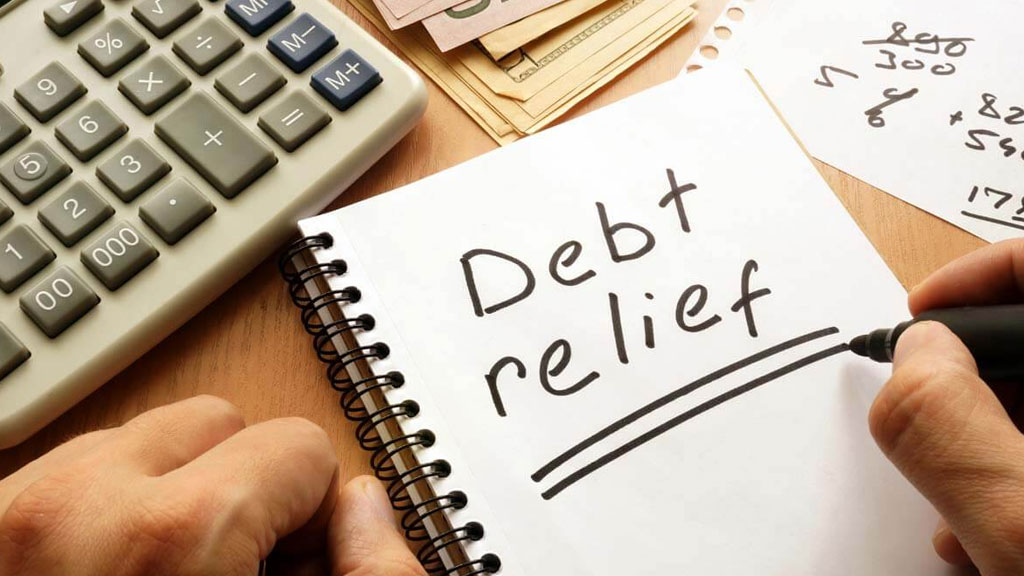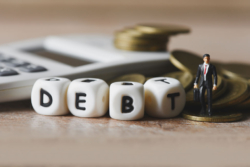Do you face financial difficulties? Determining whether your debt is manageable or whether you need to take immediate action to get it under control can be challenging. In this post, we’ll examine some crucial inquiries you may put to yourself to assess the severity of your debt and assist you in developing a strategy for your financial condition to ensure your debt is manageable.
The experts responsible for Achieve’s debt resolution program caution consumers to understand not all debt is created equal. Certain debt, such as a mortgage or student loan, may be regarded as “positive” debt because it can aid in asset development and credit score improvement. Because they frequently have high interest rates and can be challenging to repay, other debts, like credit card debt or personal loans, may be seen as “bad” debt.
Questions to Consider
Ponder the following questions to decide whether it is manageable:
- How much of your salary do you use to pay off debt? More than 20% of your income going toward debt payments may be a warning that your debt is getting out of control. Take into account if you can pay the bare minimum on each of your loans each month without accruing any new fees or interest charges. It’s time to act if you’re having trouble making even the minimum payments.
- Can you manage to put money aside each month? Your debt may be getting overwhelming if you are unable to save any money each month because you are dedicating all of your income to debt repayment. Building an emergency fund and putting aside money for unforeseen needs are both crucial.
- Do you have a strategy in place to pay off your debts? It might be simple to get caught in a loop of making minimal payments and racking up more interest fees if you don’t have a plan for paying off your debts. Try using a debt resolution program to make a personalized plan for paying off your obligations and getting back on track, like Achieve’s debt resolution program.
It could be time to take action to get your debt under control. Consider following the instructions listed below if your response was “no” to any of those questions.
Establish a budget. To make a budget that incorporates debt payments and enables you to save money each month, keep track of your income and outgoing costs.
Consider consolidating your debt. It can be simpler to pay off debts and save money overall if you combine them into one loan with a reduced interest rate.
Look for expert assistance. To develop a personalized strategy for paying off your debts and getting back on track, think about working with a financial counselor or a debt resolution program, like Achieve’s debt resolution program.
Additional Questions to Consider
How many different lenders are you obligated to pay? It might be challenging to keep track of payments and make sure you’re moving toward paying off your debts if you owe money to several creditors. To make your payments easier and relieve your stress, think about combining your debts or collaborating with a debt relief program.
Are there any bad effects from your debt that you are now dealing with? It may be an indication that your debt is getting out of control if it’s causing you stress, anxiety, or other bad effects. To develop a strategy for paying off your debts and enhancing your financial status, think about consulting a specialist.
In Conclusion
Managing debt might be difficult, but if you’re having trouble making your payments, you should act right away. You can manage your debt and establish financial stability by asking yourself these important questions and acting appropriately.






